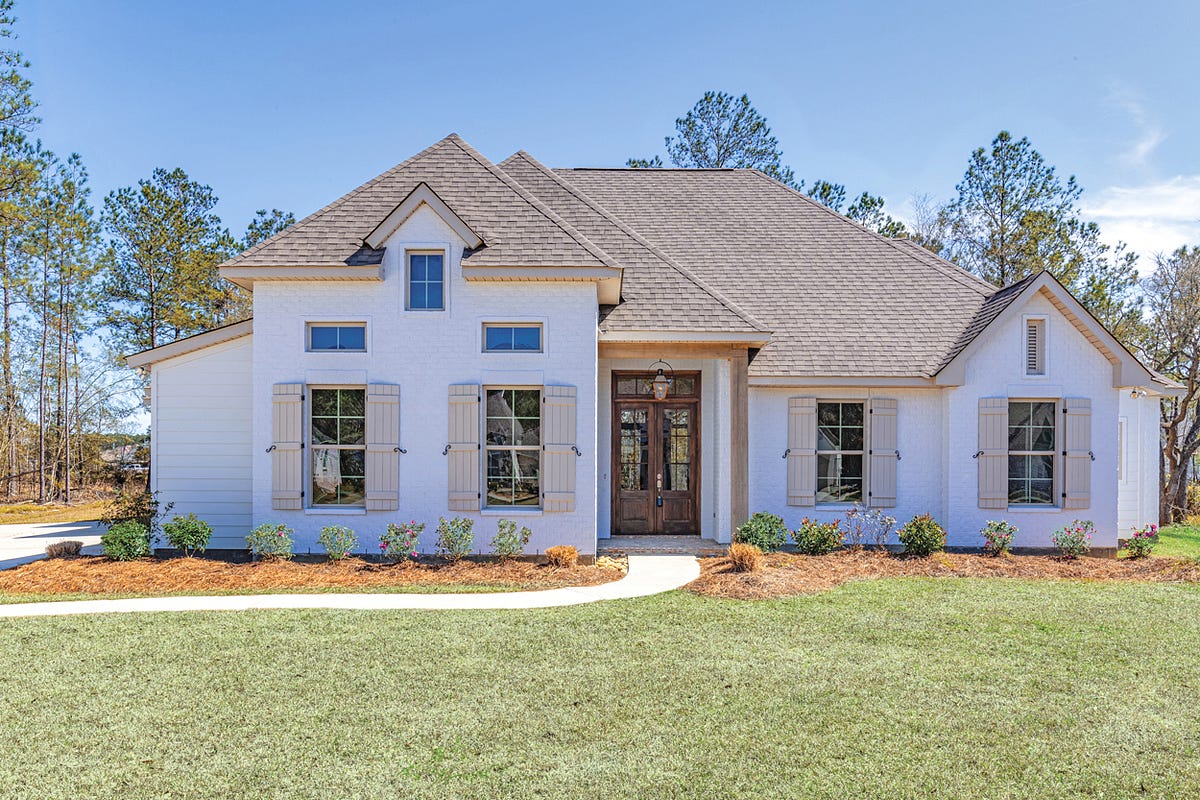How to Choose the Best Dwelling Fire Insurance Policy for Your Needs
Choosing the right dwelling fire insurance policy is crucial for homeowners. You want to protect your home and belongings from unexpected events. Have you considered what coverage you need? A good policy will help cover property damage caused by fire, smoke, or vandalism. It is important to compare different options before making a decision. Understanding the terms can feel overwhelming, but it’s essential. This guide will break down the key factors to consider. With the right information, you can select the best dwelling fire insurance. Let’s dive in and explore your options together.
Assess Your Home’s Value
Before selecting a dwelling fire insurance policy, it’s important to assess your home’s value. Start by considering the current market value of your property. This value can change over time due to factors like:
- Home improvements
- Market conditions
- Neighborhood developments
You can find an estimate of your home’s value by researching similar homes in your area or using online valuation tools. Take into account the cost of rebuilding your home in case of a total loss. This includes the price of materials, labor, and other expenses related to construction. Knowing these figures will help you choose a policy that covers your home and belongings. It ensures you are fully protected against potential losses.
Determine Coverage Types
Determine the coverage types you need for your dwelling fire insurance policy. Homeowners insurance comes with different options, so it’s vital to understand what each type includes. The most common coverage is for damage caused by fire, which protects your home from losses due to flames. Other types of coverage may include protection against smoke damage and vandalism. You should consider personal property coverage, which helps replace belongings that may be lost in a fire. It’s wise to look into liability coverage that can protect you in case someone is injured on your property. Taking the time to evaluate these options will ensure you have a comprehensive policy that meets your needs.
Evaluate Exclusions and Limitations
When choosing a dwelling fire insurance policy, it’s essential to evaluate the exclusions and limitations that may apply. Exclusions refer to events or situations not covered by your policy, meaning you won’t receive compensation if they occur. Common exclusions in fire insurance may include damages caused by natural disasters such as:
- Earthquakes
- Floods
Limitations can also affect how much you get paid for certain claims. For example, personal property might only be covered up to a specific amount. Understanding these limitations can help you make a more informed choice and identify any additional coverage you may need to protect your home and belongings.
Consider Replacement Cost vs. Actual Cash Value
Understand the difference between replacement cost and actual cash value. Replacement cost is the amount to replace or repair your home and belongings with new items without factoring in depreciation. If your home were damaged, your insurance would cover the cost to rebuild it to its original condition, regardless of age or wear. Actual cash value accounts for depreciation. This means the payout you receive would be based on the current value of your home and belongings, considering their age and condition. While policies based on replacement costs may have higher premiums, they provide better protection in the long run. It ensures you can restore your home without financial loss.
Research Provider Reputation
Researching the reputation of the insurance provider is crucial. Start by looking at customer reviews and ratings online. This feedback can give you insight into the experiences of other policyholders about claim handling, customer service, and satisfaction. You can check independent rating agencies that evaluate insurance companies. These agencies provide ratings based on financial stability and customer service. Ask friends or family for recommendations, as personal experiences often highlight trustworthy companies. Taking the time to research providers will help ensure you select a well-regarded insurance company.
Compare Premiums and Deductibles
Compare premiums and deductibles to find the best deal. The premium is the amount you pay for your insurance coverage, usually monthly or annually. Different policies can have varying premiums based on your home’s value and the coverage you choose. A deductible is the out-of-pocket amount you must pay before your insurance kicks in when you file a claim. A lower premium might seem appealing, but it often comes with a higher deductible. Policies with higher premiums have lower deductibles. Evaluating these two factors helps you balance the cost of your policy with potential future expenses. It ensures you choose an option that makes financial sense for your situation.
Review Policy Riders or Endorsements
Consider policy riders or endorsements. These are additional options that can modify or expand your coverage. For example, a rider for increased personal property protection provides extra coverage for your belongings, like valuables or electronics, that might exceed standard limits. Another common endorsement is for additional living expenses. It covers costs if you need to temporarily live elsewhere while your home is being repaired. It’s crucial to read and understand these riders, as they can offer you extra security that a basic policy might not include. Evaluating these options can help tailor your insurance to fit your needs and provide better protection.
Consult With an Insurance Agent
Consulting with an insurance agent can be a valuable step in choosing the right dwelling fire insurance policy. These professionals have a wealth of knowledge about different insurance options. They can help you understand the details of various policies. When you meet with an agent, be prepared to discuss your specific needs, such as the value of your home and what possessions you want to protect. They can explain complicated terms in simple language and guide you through the decision-making process. An insurance agent can help you find discounts that may be available, making your policy more affordable. Taking the time to consult with an agent ensures you make an informed choice that fits your budget and protects your home.
Discover More About Dwelling Fire Insurance
Choosing the right dwelling fire insurance is vital for homeowners. This insurance protects your home and personal belongings from damage. Reviewing different policies can save you money and stress. Remember to assess your home’s value accurately. Shortlisting dependable providers boosts your chances of satisfaction. Always discuss options with an insurance agent for better understanding. With the right home insurance, you can feel secure. Take the necessary steps to protect your investment and peace of mind. Did you find this article helpful? If so, check out the rest of our site for more informative content.





